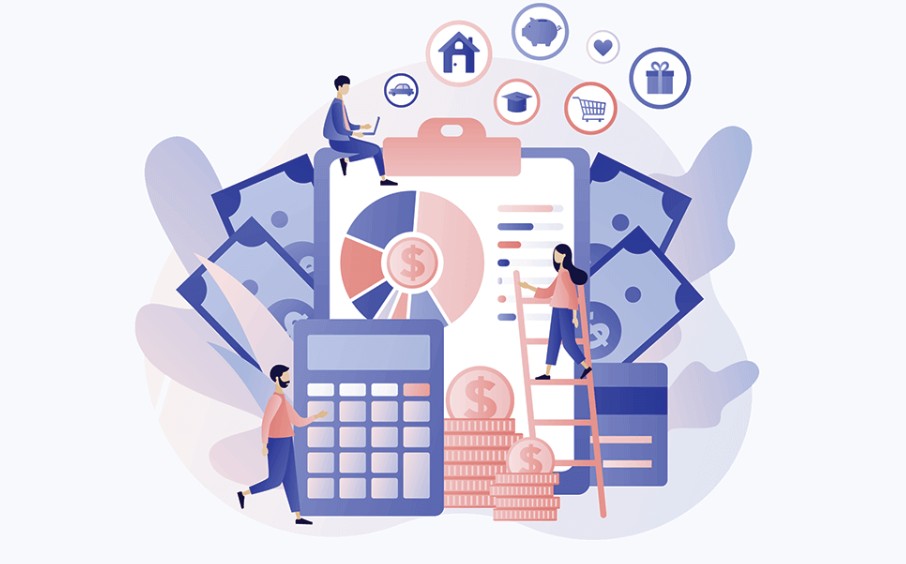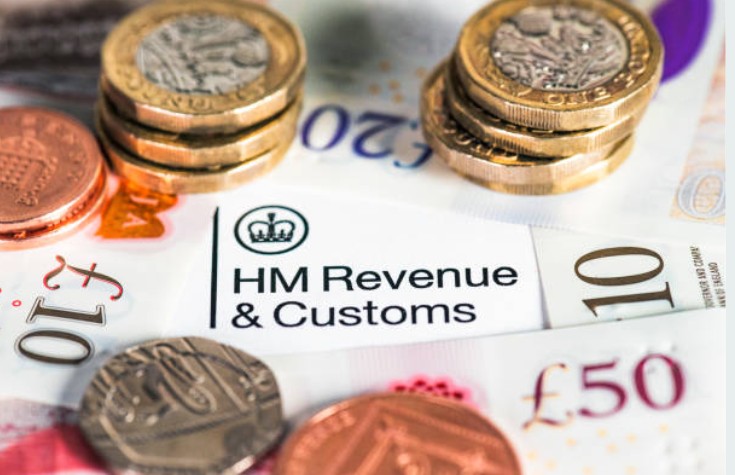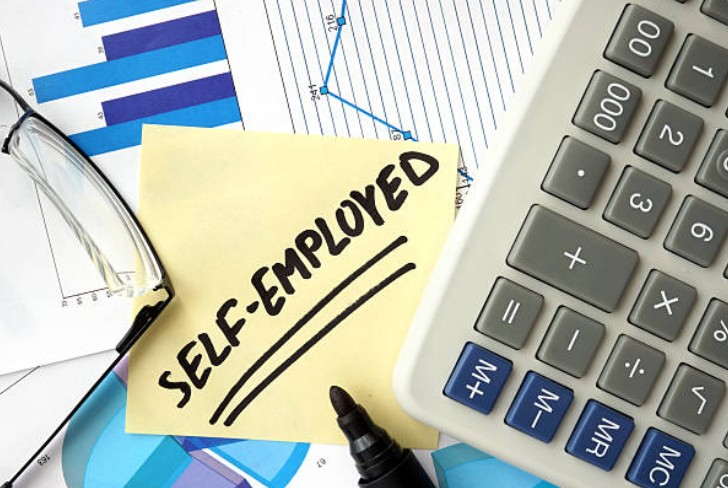Self-employment offers a flexible and independent lifestyle, but it comes with a unique set of tax rules that can sometimes be confusing. One question that often arises for self-employed individuals in the UK is: Do I have to declare self-employed income under £1000?
In this blog post, we will explore this key question, break down the details surrounding the £1000 trading allowance, and clarify when and how to declare your income.
Do I Have to Declare Self-Employed Income Under £1000?
The Basics of the Trading Allowance
In the UK, self-employed individuals are allowed to earn up to £1000 of gross income from their business without paying tax on it. This is called the Trading Allowance, and it provides a simple, tax-free threshold for small-scale self-employment activities.
What This Means for You:
- If your earnings are £1,000 or less, you’re not required to pay taxes or sign up with HMRC.
- The £1000 limit is a gross income threshold, meaning it applies to your total income before expenses are deducted.
Do I Still Need to Report My Earnings?
Though you don’t need to pay taxes on income under £1000, there are certain scenarios where reporting is still important. Let’s explore the essential factors you need to consider.
What About Business Expenses?
Can I Claim Expenses if I Earn Less Than £1000?

Even if your self-employed income is under £1000, you may want to declare your earnings to claim any allowable business expenses. Here’s why:
- Claiming business expenses could help you reduce your taxable income, especially if your total income is close to £1000 or you want to reduce future tax obligations.
- You can reduce costs on supplies, home office, travel, and more.
Example:
- Income: £900
- Business Expenses: £150
- Taxable Income: £750 (which may still fall under the tax-free allowance)
If you don’t report your earnings, you may miss out on claiming these reductions.
When Do I Have to Declare Self-Employed Income Under £1000?
Is It Compulsory to Declare All Income, Even Below £1000?
Although the trading allowance exists, there are circumstances where you still might need to declare your self-employed income, even if it’s under the £1000 threshold:
- You have other taxable income: If you are also employed or have other self-employed businesses, your total income could surpass the tax-free allowance.
- VAT Registration: If your total business income exceeds the VAT registration threshold of £85,000, you must register for VAT and declare all your business income, including earnings under £1000.
- You want to claim expenses: If you decide to claim allowable business expenses, you will need to declare your earnings to HMRC, regardless of how small the income is.
What Happens If I Don’t Declare My Income?
Failure to declare income that you’re required to report could lead to penalties and interest. However, as long as your earnings stay below the £1000 threshold and you don’t exceed the overall tax-free limits, you shouldn’t face any penalties for not declaring it. But always be sure to keep accurate records!
How Do I Report Self-Employed Income to HMRC?

The Process for Reporting Your Self-Employed Earnings
If you find yourself in a position where you must declare your self-employed income, here’s how to do it:
- Register with HMRC: If your income is above £1000 or you want to voluntarily submit a tax return, you need to register as self-employed.
- Fill out a Self-Assessment: This form will outline your total income, expenses, and any tax owed. The deadline for submitting the Self Assessment is typically January 31st after the tax year ends.
- Pay Your Taxes: After submitting your Self Assessment, HMRC will inform you of any taxes due. These payments are required to be made by the specified due date.
What are the consequences of failing to report my income?
If your self-employment income is under the £1000 trading allowance and you have no other income sources, you do not need to file a tax return. If your circumstances change, make sure to revise your details with HMRC accordingly.
Why Keep Track of My Self-Employed Income and Expenses?

The Benefits of Organising Your Business Finances
Even if your income is below the £1000 threshold, it’s important to keep a close eye on your earnings and expenses. Here’s why:
- Preparedness: If your income increases, or if you start a new self-employment venture, you’ll already have your financial records organised.
- Claiming Deductions: Properly tracking your expenses will help you avoid overlooking any deductible business costs.
- Future Planning: As your business grows, you’ll be able to track your financial progress and stay ahead of tax obligations.
Key Takeaways
| Income Level | Tax Implication | Reporting Requirement |
|---|---|---|
| Under £1000 | No tax owed | No reporting required unless you have other income or want to claim expenses |
| Over £1000 | Tax owed | Must file a Self-Assessment and report total income |
Final Thoughts: Is Declaring Income Under £1000 Necessary?
In most cases, if you earn under £1000 in self-employed income, you do not need to declare it. However, if you want to claim business expenses, have other income sources, or simply want to be prepared for the future, declaring your income can be beneficial.
Staying informed, keeping accurate records, and understanding when to report are key to maintaining a smooth and stress-free self-employed journey. If you’re unsure, it’s always best to consult with a tax professional to ensure you’re on the right track.
So, do you need to declare your self-employed income under £1000? The answer: It depends—but now you know exactly what to do!
FAQs: Answering Your Most Common Questions
1. Can I earn under £1000 and still have to file a tax return?
If you have additional sources of income, like employment earnings, you might still need to submit a tax return to report your overall income.
2. What happens if I don’t declare income under £1000?
If your total earnings remain below £1000 and you don’t need to claim expenses, you generally do not need to declare. It’s important to maintain detailed records in case your situation shifts.
3. Can I claim business expenses if my income is below £1000?
Yes, you can claim allowable business expenses to reduce your taxable income. This can be beneficial if you have costs that exceed your income and you want to reduce your overall tax liability.
4. What are allowable business expenses?
Allowable business expenses can include office supplies, travel costs, professional subscriptions, and even part of your home utility bills if you work from home.

Leave a Reply